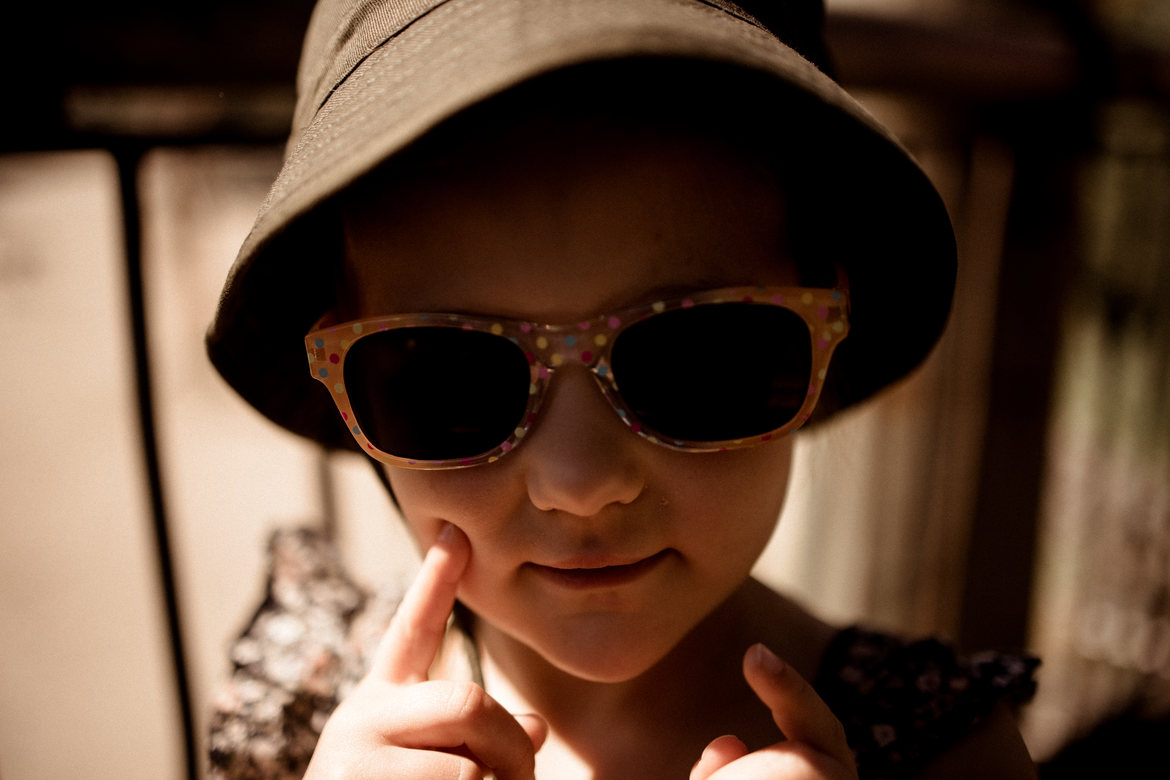By Dr. Laura Markham
“Dr. Laura — I came across your website a month ago and have been trying to follow the advice in your emails. I am amazed at the difference in my children in just this short time. Mostly, I try to just stop when I get upset and see things from their point of view. Thank you for helping us stay on track!” — Madeleine
Isn’t it amazing what a difference it makes when you’re able to notice yourself getting upset, and stop that downhill slide? And if you can also see things from your child’s point of view, that can change everything.
Why are these two practices so powerful?
- Instead of escalating the drama, you calm the turbulent emotions and restore safety, so your child calms down more quickly.
- Your child feels more understood and connected, which makes them more cooperative.
But the simple practice of seeing the situation from your child’s perspective is powerful for another important reason, one that’s more about you. When you see what’s getting in the way for your child, you’re more patient, so you can give them the support they need to feel better and solve their problem. That nips problem behaviour in the bud, because you solve the root of the behaviour — the feelings (and often the situation) driving it.
Consider a plant that looks droopy. Do you yell at it to “Straighten up and grow right!”? Or do you figure out what it needs: more water, more sun, a bigger pot? Kids, like the rest of us, are just trying to get their needs met, and all of their behaviour — just like all adult behaviour — arises from the child trying to make herself feel better.
Consider a plant that looks droopy. Do you yell at it to “Straighten up and grow right!”? Or do you figure out what it needs: more water, more sun, a bigger pot?
The child’s strategies to feel better often don’t work, of course. For instance, hitting her little brother because she worries that you love him more will always backfire. But notice that for a child who isn’t feeling noticed and valued, the big energy you suddenly direct her way when she hits her brother can still be reassuring. (Kids are like geiger counters for big energy. To them, it proves we care.)
Of course, if you can see her need for reassurance, you can demonstrate through your actions that no matter how much love you give her brother, there will always be more than enough love and attention for her. She will come to believe that you could never love anyone more than you love her, and the hitting will stop. But the only way you can address the need driving her behaviour is to see things from her perspective.
Want to try an experiment? It takes 30 days to create a new habit. If you start today, and keep trying to do this every day (don’t worry; you don’t have to do it perfectly), your parenting will be different within a month. And I guarantee you will see a corresponding change in your child. Think of this as love in action.
Here’s the experiment.
1. Really notice and acknowledge your child as often as possible.
Often we’re so busy pushing our children through the schedule that we forget to slow down and notice them. Verbally describe your child’s activities, preferences and comments without judgment. “You really love dancing… You like to have a warning before we go somewhere…. I notice you’re starting to put your face in the water a little bit when you swim… You’ve been working on that for a long time.” This also goes a long way toward meeting your child’s need to feel seen, connected, and valued.
Instead, offer understanding of what drove your child to hurt someone, and emphasise that even so, hurtful behaviour is never okay.
2. Make sure you connect warmly, physically with each child, every day
This is indispensable. If your kid is “too old” to snuggle, give him a foot rub or back rub, and as many hugs as he’ll let you. Roughhousing is also important, to get your child laughing and help you bond. But there is no substitute for cuddles and hugs.
3. When your child acts “badly”, consider what’s driving that behaviour.
Why is she acting out this way? What does she need?
- More down time?
- More connection with you?
- More of a sense of independence and mastery?
- More “structure” from you to help her learn to handle something herself?
Meeting the need is the only way to change the behaviour. If your child’s behavior has been hurtful, tell him that he needs to take action to repair that relationship, but resist the urge to punish. Punishment (including “consequences” that you impose) will just create resentment and thus more bad behaviour of some kind. Instead, offer understanding of what drove your child to hurt someone, and emphasise that even so, hurtful behaviour is never okay. What can he do to make things better now with the other person?











